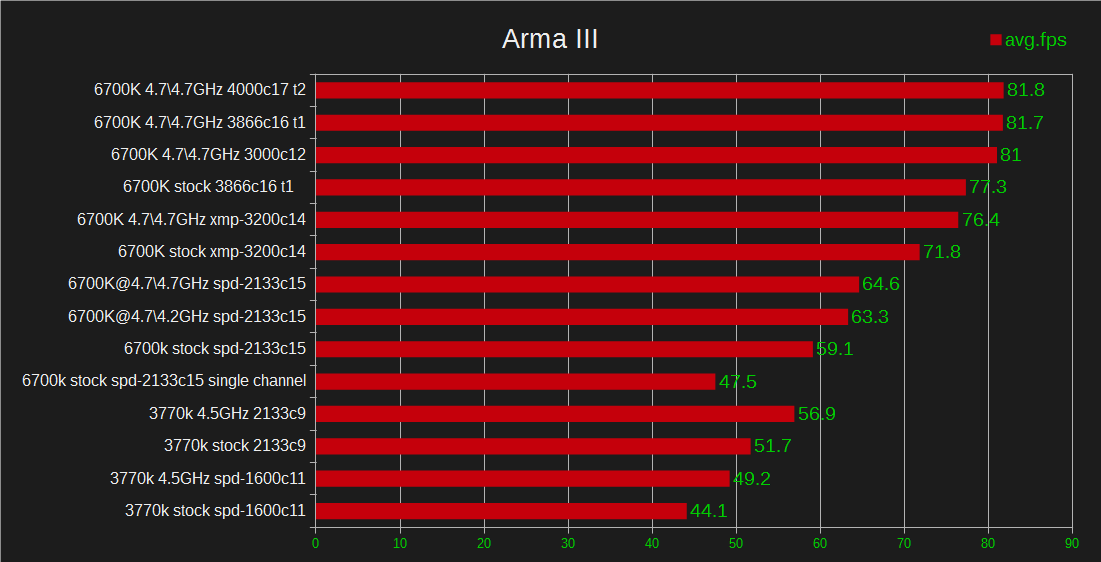Cyber Akuma
Gawd
- Joined
- Jan 3, 2009
- Messages
- 645
So I have apparently been understanding how Dual Channel works completely wrong for years now. I know that it means putting each RAM stick in a different channel, so that you get more throughput over two channels together than just congesting one, but I used to think that meant the reason a 3600Mhz kit would show up as 1800 for example was because each one in a channel was running at that speed to add up to 3600. I found out that I was completely wrong about this, and that the reason RAM appears as half it's advertised speed is because due to modern RAM being double-data-rate, it's accessed twice per clock tick on both the rising and falling edge, so that it is running at 1800 but able to run like that twice per tick.
So this made me try to look up what precisely Dual Channel does since I had it all wrong, but I surprisingly couldn't really find proper answers on this. I saw one claim that it doubles your throughput so if you were reading and writing to them at 16GB/s, it would be 32GB/s. I saw others saying it's somewhat of a "10-15% performance increase" but that doesn't really explain much, and I have no idea if neither or even both of these are true.
With how much talk I have seen of being sure to get dual-RAM kits and to put them each in a different channel for Dual Channel, and how you are leaving performance on the table if you don't do that, I would have expected it would not be hard to Google exactly how it's making a difference and how much of a difference it makes.
So this made me try to look up what precisely Dual Channel does since I had it all wrong, but I surprisingly couldn't really find proper answers on this. I saw one claim that it doubles your throughput so if you were reading and writing to them at 16GB/s, it would be 32GB/s. I saw others saying it's somewhat of a "10-15% performance increase" but that doesn't really explain much, and I have no idea if neither or even both of these are true.
With how much talk I have seen of being sure to get dual-RAM kits and to put them each in a different channel for Dual Channel, and how you are leaving performance on the table if you don't do that, I would have expected it would not be hard to Google exactly how it's making a difference and how much of a difference it makes.
![[H]ard|Forum](/styles/hardforum/xenforo/logo_dark.png)
